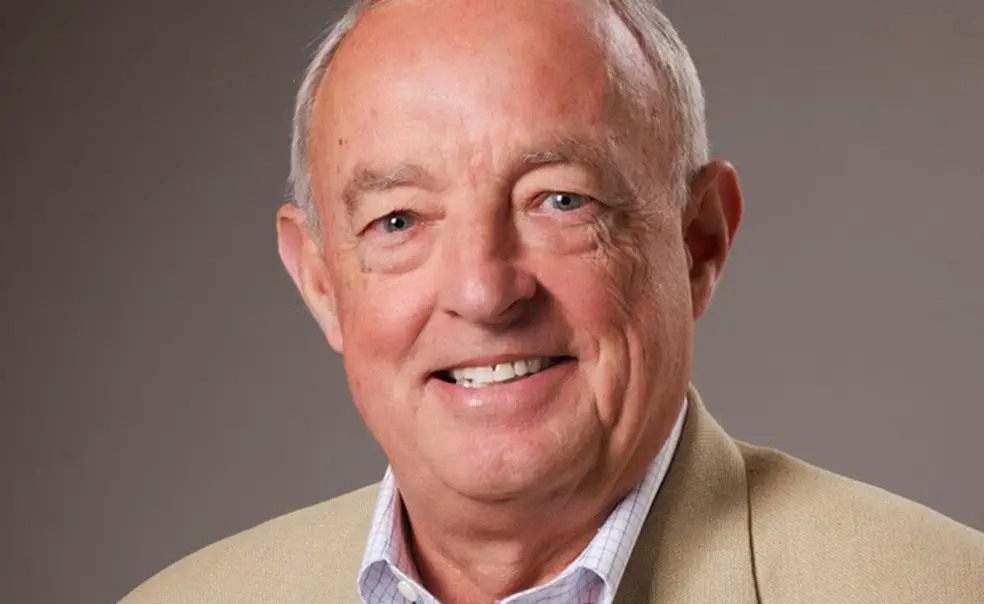Martin Eichelberger ’67 Is Helping Doctors Treat Injured Children in Ukraine
Eichelberger’s Triaj app gives doctors in-the-moment treatment guidance
Dr. Martin Eichelberger ’67 clearly remembers the day in 2011 when he got a call from a former colleague in Kandahar, Afghanistan, asking for help after three children had stepped on a land mine. “He said, ‘They’re alive, but I’m really not sure how to take care of them. Would you help me?’”
Though he was nearly 7,000 miles away from the military trauma center and didn’t have much experience with treating injuries from an explosion, Eichelberger was a good person to call: He’s an expert in pediatric trauma care and injury control, having founded the Emergency Trauma and Burn Services department at Children’s National Health System in Washington, D.C. He also founded a nonprofit called Safe Kids Worldwide aimed at preventing accidental childhood injuries.
To help the doctor in Kandahar, Eichelberger called other doctors, put together best practices from the cases he heard about, and provided a generalized approach of steps that could be taken. That idea would lead to the creation of a mobile app called Triaj that provides a checklist for medical professionals to consult as they treat patients.
Eichelberger likened the app to the preflight checklists pilots must go through to ensure their plane is safe for travel, and the checklists they turn to if something goes wrong during the flight. “It’s not that the pilot is dumb, it’s just that there’s only so much information a mind can really control,” says Eichelberger.
Doctors don’t tend to identify with that pilot mindset, Eichelberger says. “They think they generally know everything. They don’t. I’ve spent 50 years being a physician; people make mistakes.”
Triaj hopes to serve as a clinical decision support system, helping medical professionals in their assessment and treatment of young patients.
“The whole vision of Triaj is to be in the position to save the lives of children,” Eichelberger says, adding that the app hopes to expand to include guidance for adult patients in the future.
Recently, the app that launched after treating injuries in an Afghan combat zone has found a renewed sense of purpose on the battlefields of Ukraine. The same colleague contacted Eichelberger a few months ago asking if they could put Triaj in the hands of Ukrainian medical professionals who need help treating young patients in the Russian invasion. The Triaj team has since collaborated with the European Pediatric Surgery Association and the Ukrainian Association of Pediatric Surgery, and has translated guidance on its app and website.
Eichelberger noted that two-thirds of Triaj’s investors are Princetonians, and many Tigers serve in its leadership, including executive chairman Dave Martin ’67 and vice president of sales and marketing Todd Eichelberger ’97, who is Martin Eichelberger’s son.
“It all goes back to ‘Princeton in the nation’s service and the service of humanity,’” he says. “Even if we’re not successful in the long term, we’re making a difference right now. It’s part of the Tiger legacy.”










No responses yet